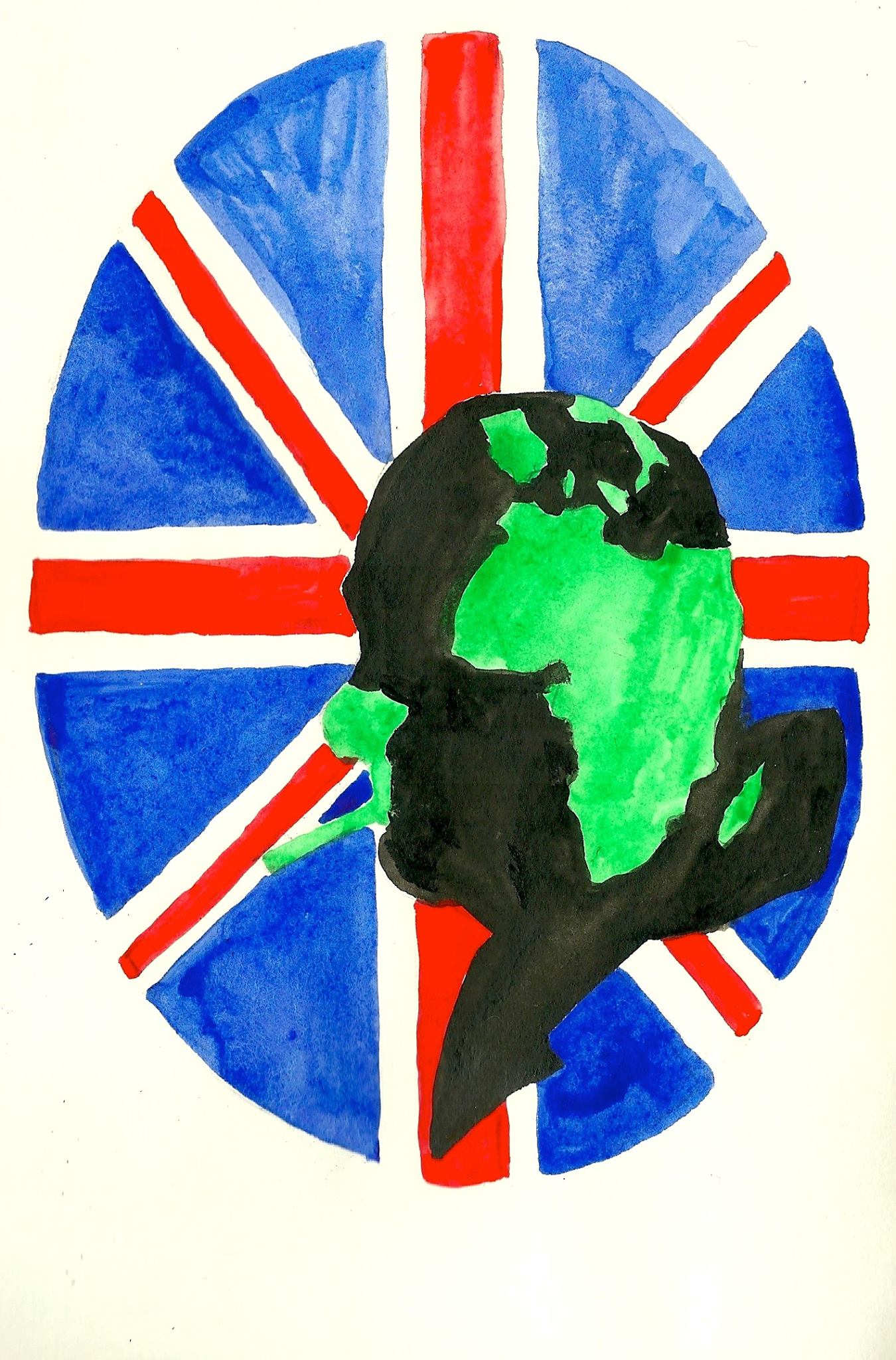The brand new polymer five-pound note has now entered circulation, claiming to be safer, cleaner and more durable than its predecessor. While its benefits have been proven to be measurably true, questions have arisen concerning the appointment of the note’s new figurehead- the face of former British Prime Minister, Sir Winston Churchill. According to the Bank of England, their choice to commemorate Churchill is due in part to his role as an inspirational statesman, orator, leader, and Nobel Prize winner who led Britain to victory in the Second World War. Most of his achievements would undoubtedly cement his title as one of Britain’s greatest individuals; however, there are those who are less enamored by Churchill’s actions. Critics have insisted on laying bare his unsavoury and overlooked opinions on race, justice and imperial atrocities, imploring the nation to reevaluate the values we revere, and to take a more dispassionate view on our British heroes.
During a number of international conflicts before 1940, Churchill’s words and actions have led to suggestions that he was a racist and a white supremacist, traits that some argue should not be omitted when remembering him as a historical figure. Such opinions include Churchill’s views on the rights of indigenous peoples, and the role they should play in society, based on a racial hierarchy.
In 1937 during Churchill’s testimony to the Palestine Royal Commission (concerning British colonisers allowing Jewish immigrants to enter Palestine, in order to create a majority), he stated his opinion that indigenous peoples do not necessarily have a right to their country, exemplifying the superiority of certain races. “I do not admit for instance, that a great wrong has been done to the Red Indians of America or the black people of Australia. I do not admit that a wrong has been done to these people by the fact that a stronger race, a higher-grade race, a more worldly wise race to put it that way, has come in and taken their place.”

Similarly, during Mahatma Gandhi’s peaceful protests against British rule in India in 1915, Churchill spoke out, suggesting that Gandhi “ought to be lain bound hand and foot at the gates of Delhi, and then trampled on by an enormous elephant with the new Viceroy seated on its back.” His opinions on other Indian people were similar, claiming “I hate Indians. They are a beastly people with a beastly religion.”
Supporters of Churchill argue that his statements on white supremacy were merely part of the language of the Edwardian age, and according to Richard Toye, author of Churchill’s Empire, “Although Churchill did think that white people were superior, that didn’t mean he necessarily thought it was OK to treat non-white people in an inhumane way.”
Churchill’s involvement in imperial atrocities has been hotly debated, but the discussion of the appropriateness of idolizing imperialist figures is not unique to this situation.
The ‘Rhodes Must Fall’ campaign, a protest led by black and minority students from Oxford University, called for the removal of the Cecil Rhodes statue from their campus, provoking a similar debate. Rhodes, an imperialist businessman and politician in 19th century South Africa, is thought to have helped prepare the way for apartheid, by working to alter laws on voting and land ownership. His reputation as a racist and white supremacist have raised concerns over the statue’s role as an obstacle to inclusivity at the university, an issue which, according to a 2014 survey conducted by the Student Union’s race equality campaign, found that 59% of black and minority students feel affected by.
Issues concerning the glorification of imperialist figures raises the question: are we reluctant to tarnish the established image of our national heroes? Perhaps, given the current climate, the conversation about what traits we value as a collective nation is worth consideration.
Article by: Jess Owen
Illustration by: Imogen Whiteley

